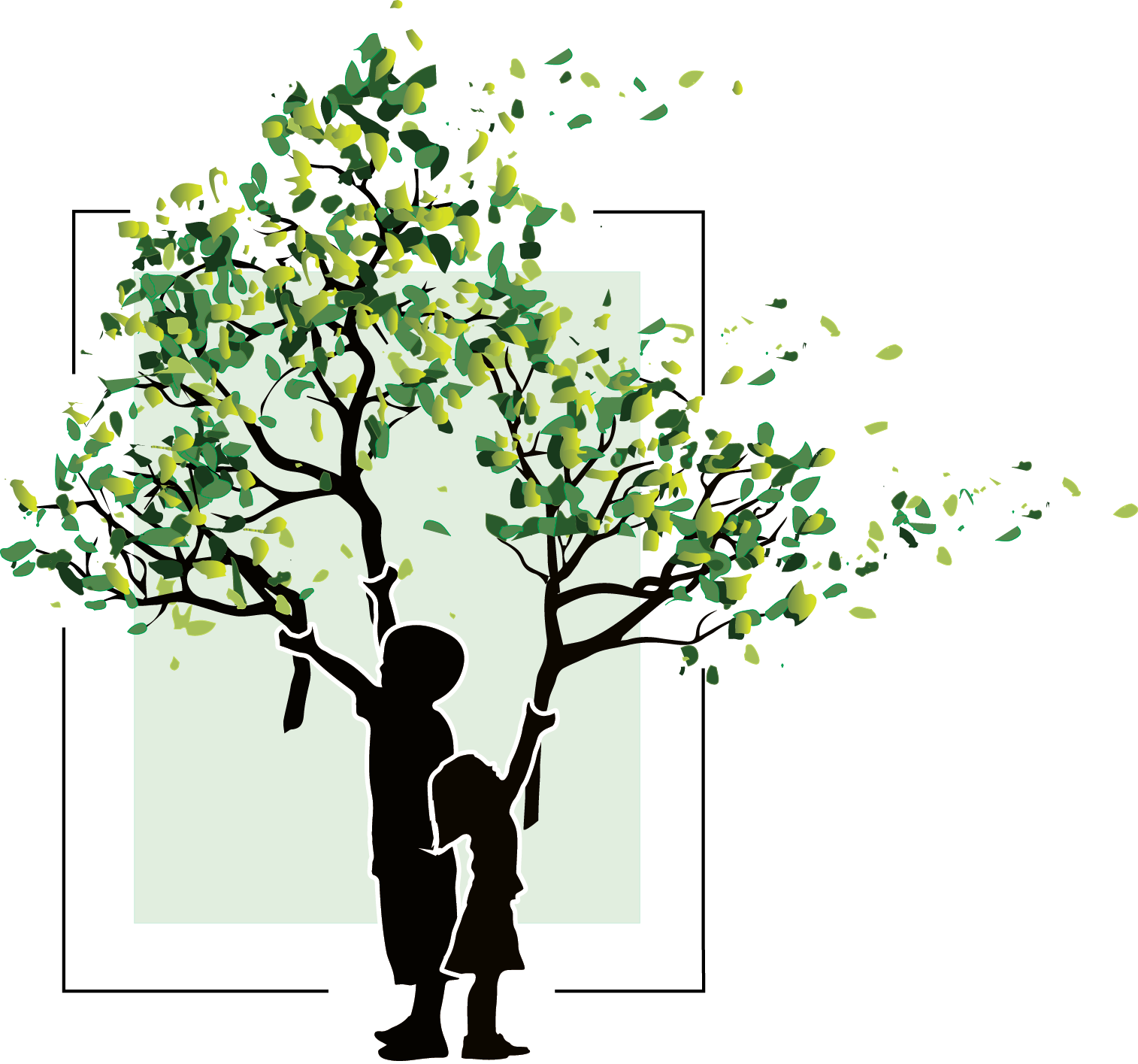It is clear that serious forms of adversity, such as threat and deprivation, can have lasting influences on children’s emotional, cognitive, social, and brain development. But do less severe forms of stress—the kinds of experiences that most children and adolescents will encounter across development—also influence these neurodevelopmental pathways? Exposure to stressors increases dramatically during the transition to adolescence, and most mental health problems that emerge during adolescence are directly preceded by a major stressful life event, like being bullied, the break-up of a romantic relationship, or conflict with family or peers. Our work has demonstrated that these types of stressors can influence some of the same developmental pathways as more serious forms of adversity. For example, adolescents experience more intense negative emotions and have more difficulty regulating their emotions after experiencing a stressor; we have observed similar, albeit more extreme, patterns of emotional responses among children exposed to violence. Our work has shown that these changes in emotional processing are a mechanism linking exposure to stressful life events with increased risk for anxiety, depression, and aggressive behavior in adolescents. In ongoing work, we are using a variety of tools to measure changes in emotion, behavior, and even brain function as they unfold in real time following exposure to stressful life events during adolescence. We hope that identifying the mechanisms that link these experiences with risk for mental health problems will lead to novel intervention approaches for preventing stress-related psychopathology in children and adolescents.
Sample publications:
